|
Some of you may know I started my journalism career at The Canadian Press. Working at the “wire” meant you were always on deadline – long before the internet era of journalism turned everyone into file-it-now reporters. In my early days, I used to sprint to phone booths (remember those?) with a pocket full of change to call in the latest breaking news. New technology brought “portable” computers that were the size of a large suitcase, but at least you could write your story from the scene instead of dictating it over phone. Then came pagers, smaller laptops and – miracle of miracles – cellular phones! While the technology made fast filing easier, first and foremost you needed to have the adrenaline of breaking news in your DNA. This explains why I still turn over in the middle of the night and check my phone to see if any major news has broken. Early Friday morning, I heard my
phone buzzing with the news that Donald Trump had COVID-19. And as we all know now, the U.S. president has since been hospitalized. A chaotic political season in the United States seems to reach new levels of bedlam every day. Friday’s developments have already blotted out that unruly presidential debate held earlier in the week…and never mind what First Lady Melania Trump said about Christmas.
The Conversation Canada was quick to publish an excellent piece by Jack Rozdilsky, Associate Professor of Disaster and Emergency Management at York University, that explains how Trump’s hospitalization could lead to instability at the White House. And for your weekend reading pleasure, I’ve assembled stories from the global network of The Conversation that help explain the chaos of the last seven days.
Have a great weekend – catch your breath while wearing your mask – and we’ll be back in your inbox on Monday. Who knows what will have happened by then?
|
The Chaotic Week That Was
|
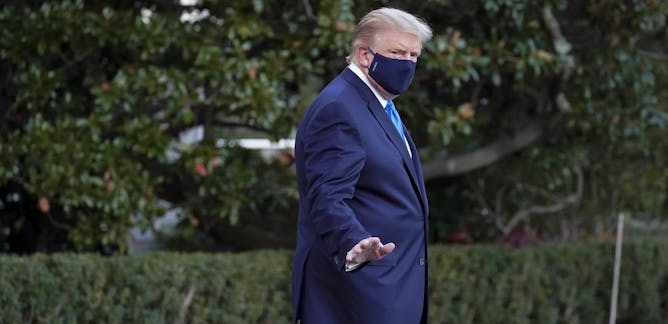
Jack L. Rozdilsky, York University, Canada
Hours after announcing he had tested positive for COVID-19, President Donald Trump was taken to hospital. What does this mean for the U.S. government's operations?
| |
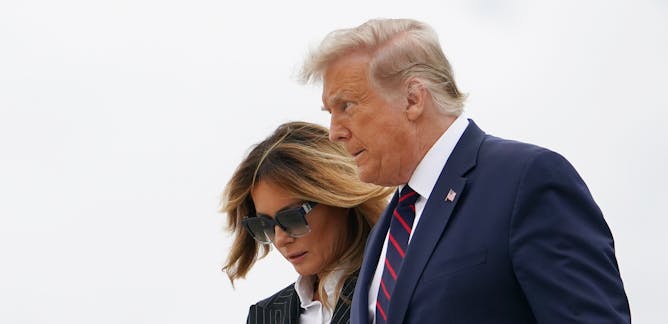
William Petri, University of Virginia; Jeffrey M. Sturek, University of Virginia
The president and first lady Melania Trump have both tested positive for the coronavirus. Here's what the physicians and scientists know about the best treatments for the disease it causes.
|
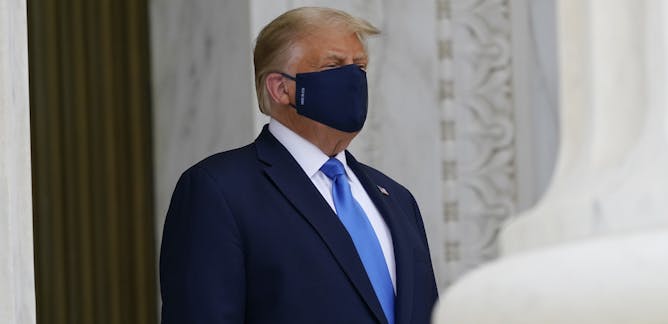
Brian Geiss, Colorado State University
Older coronavirus patients face grimmer outlooks. A virologist explains the aging-related changes in how immune systems work that are to blame.
| |
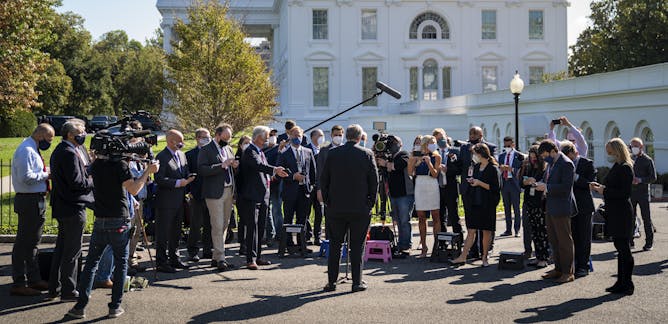
David E. Clementson, University of Georgia
President Trump was direct in announcing he had COVID-19. But presidents in the past have been very good at deceiving the public about the state of their health. Which direction will Trump go now?
|
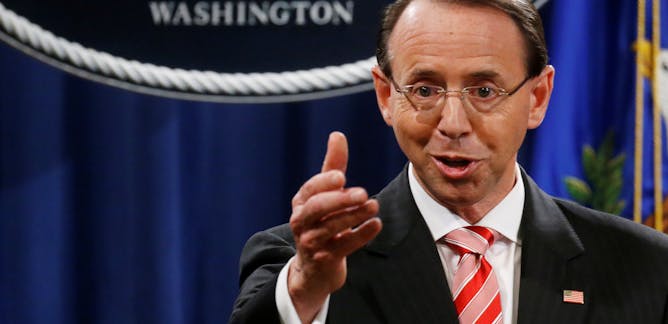
Brian Kalt, Michigan State University
The US Constitution allows the president to be removed from power if his vice president and Cabinet decide that he cannot discharge the duties of his office.
| |
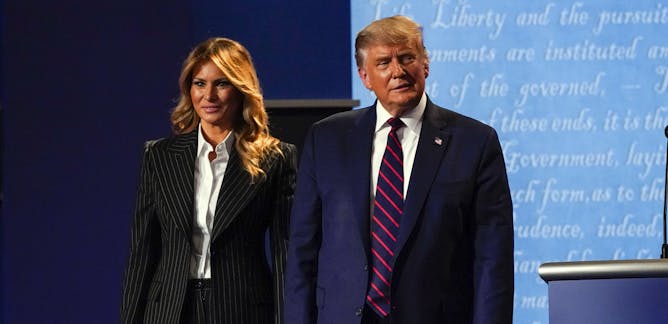
Timothy J. Lynch, University of Melbourne
There are both positives and negatives that might flow from the president's diagnosis. Much will depend on how sick he becomes, and how he chooses to talk about it.
|
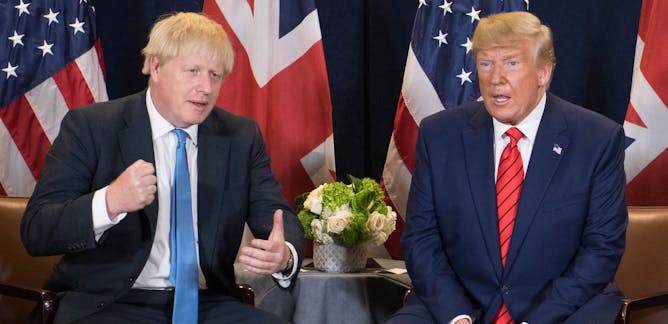
Matthew Flinders, University of Sheffield; Anthony Pereira, King's College London
How did the British prime minister and Brazilian president's brush with COVID-19 affect them politically?
| |
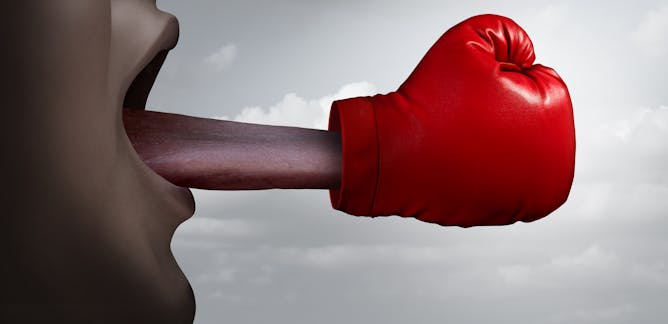
Karrin Vasby Anderson, Colorado State University
Functional political debates, like healthy democracies, require participants who respect the process and follow mutually agreed-upon rules.
|
|
|